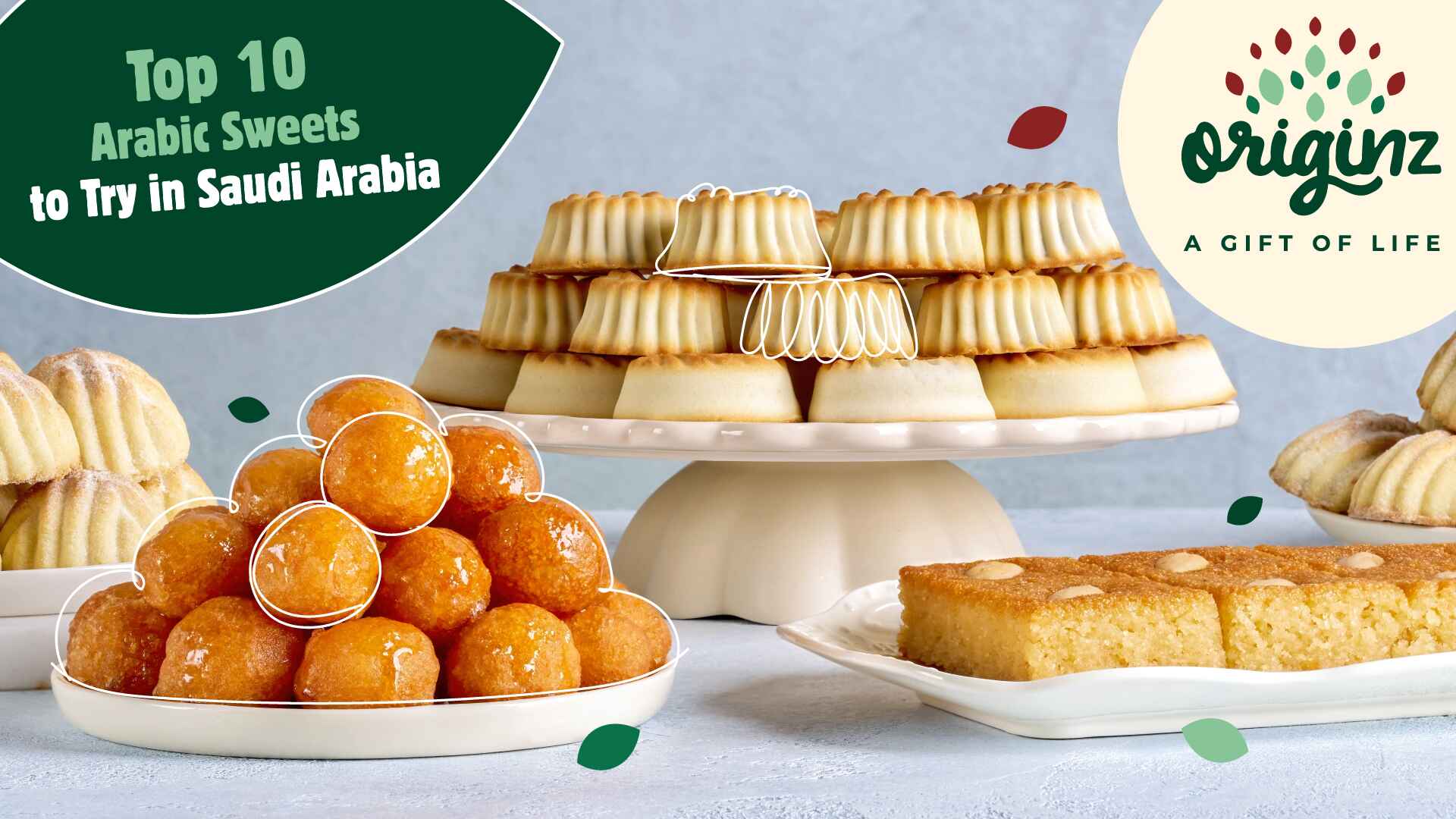
Top 10 Arabic Sweets to Try in Saudi Arabia
Saudi Arabia, with its deep-rooted culinary culture and remarkable range of desserts, is a paradise for anyone with a sweet tooth. If you're looking to dive into the world of traditional Saudi Arabian sweets, this list of popular Arabic sweets in Saudi Arabia is just what you need. From syrup-soaked pastries to fragrant rice desserts, the kingdom offers a mouth-watering selection of must-try Arabic sweets. Many of these delicacies have ancient origins, making them not only a delight for the taste buds but also a taste of history and tradition. Moreover, as organic food products become increasingly popular in the country, more people are embracing naturally sourced ingredients, ensuring that these sweets are made with wholesome goodness.
1. Baklava

Baklava is one of the most recognisable and popular Arabic sweets in Saudi Arabia, as well as across the Middle East. It’s a layered pastry made of thin phyllo dough, chopped nuts, and a generous amount of syrup or honey that keeps each piece juicy and sticky. Saudi baklava often incorporates almonds, pistachios, or walnuts, which are combined with rose water or orange blossom water for an extra touch of fragrance. While traditional recipes are still preferred, some bakeries are now crafting organic baklava, which means you can enjoy these treats with a healthy twist. Originz even offers organic food products that can be incorporated into making a health-conscious version of this delicacy.
2. Kunafa
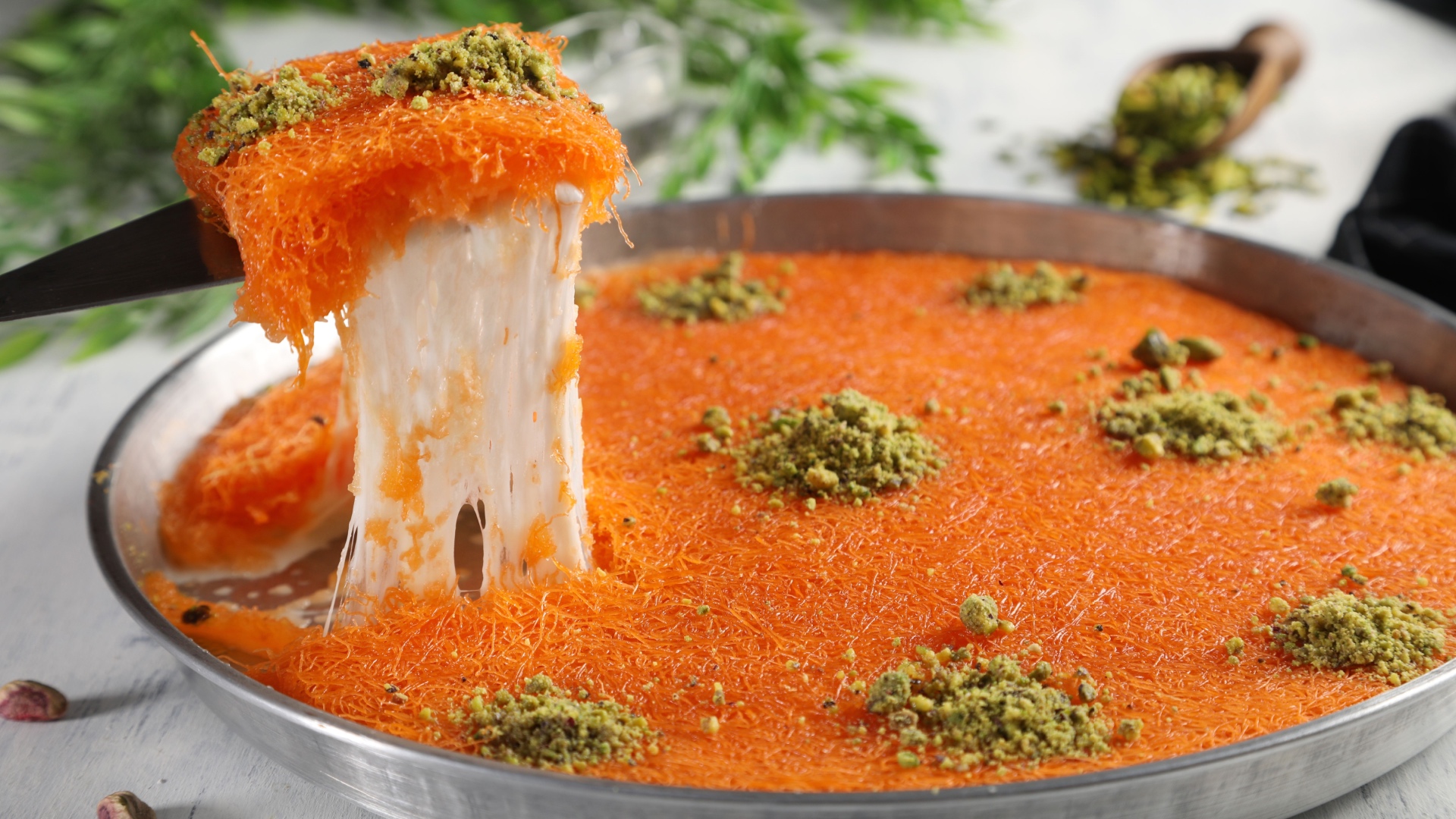
Kunafa is a beloved Arabic dessert made of shredded phyllo dough layered with a creamy cheese filling. Topped with a drizzle of syrup and sometimes a sprinkle of pistachios, Kunafa is rich, comforting, and incredibly satisfying. There are different styles of Kunafa across the region, but the Saudi version often includes subtle hints of saffron. Kunafa made with organic ingredients is increasingly common, as it brings out the dessert’s natural flavours and textures, providing a unique and wholesome experience.
3. Luqaimat

These deep-fried dough balls are crispy on the outside, fluffy on the inside, and soaked in date syrup or honey, making them a must-try Arabic sweet. Luqaimat, a popular dessert during Ramadan, is perfect for anyone craving something light yet flavourful. Often served warm, these delightful bites are best enjoyed fresh. Traditional Saudi Arabian sweets like Luqaimat are best made with high-quality, organic ingredients, and Originz offers organic food products that can elevate this simple but tasty dessert.
4. Basbousa

Basbousa is a semolina-based cake that is soaked in syrup after baking, giving it a moist and tender texture. Often topped with almonds, Basbousa is flavoured with coconut, rose water, or orange blossom water, making it a fragrant and delicious dessert option. As one of the popular Arabic sweets in Saudi Arabia, Basbousa is widely available and can even be found in organic variations, which use healthier ingredients for a guilt-free indulgence.
5. Ma'amoul

Ma'amoul are delicate shortbread pastries filled with dates, pistachios, or walnuts, making them a delightful bite-sized treat. These cookies are typically enjoyed during Eid celebrations and other festive occasions, but they can be found year-round in Saudi Arabia. Ma'amoul made with organic ingredients offers a wholesome version of this traditional favourite, with Originz providing premium ingredients to make a healthier, yet equally delicious, version.
6. Qatayef
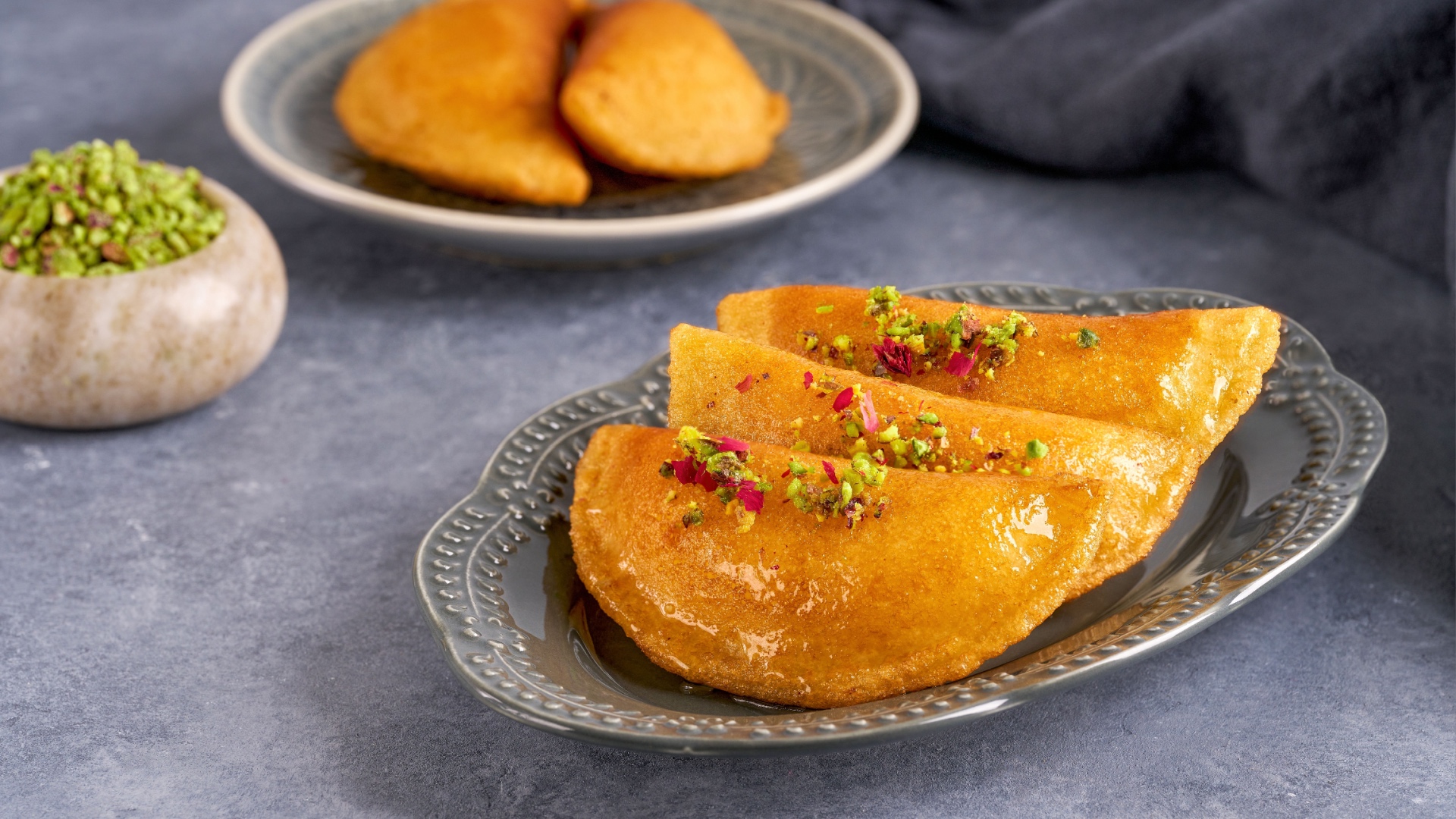
Qatayef is a stuffed pancake commonly served during Ramadan. Filled with sweetened cheese, nuts, or cream, and then fried or baked, Qatayef is a delectable dessert that has a balance of flavours and textures. In Saudi Arabia, this treat is often made with date syrup for added richness. Organic ingredients bring out the authentic taste of Qatayef, making it even more satisfying.
7. Aseeda
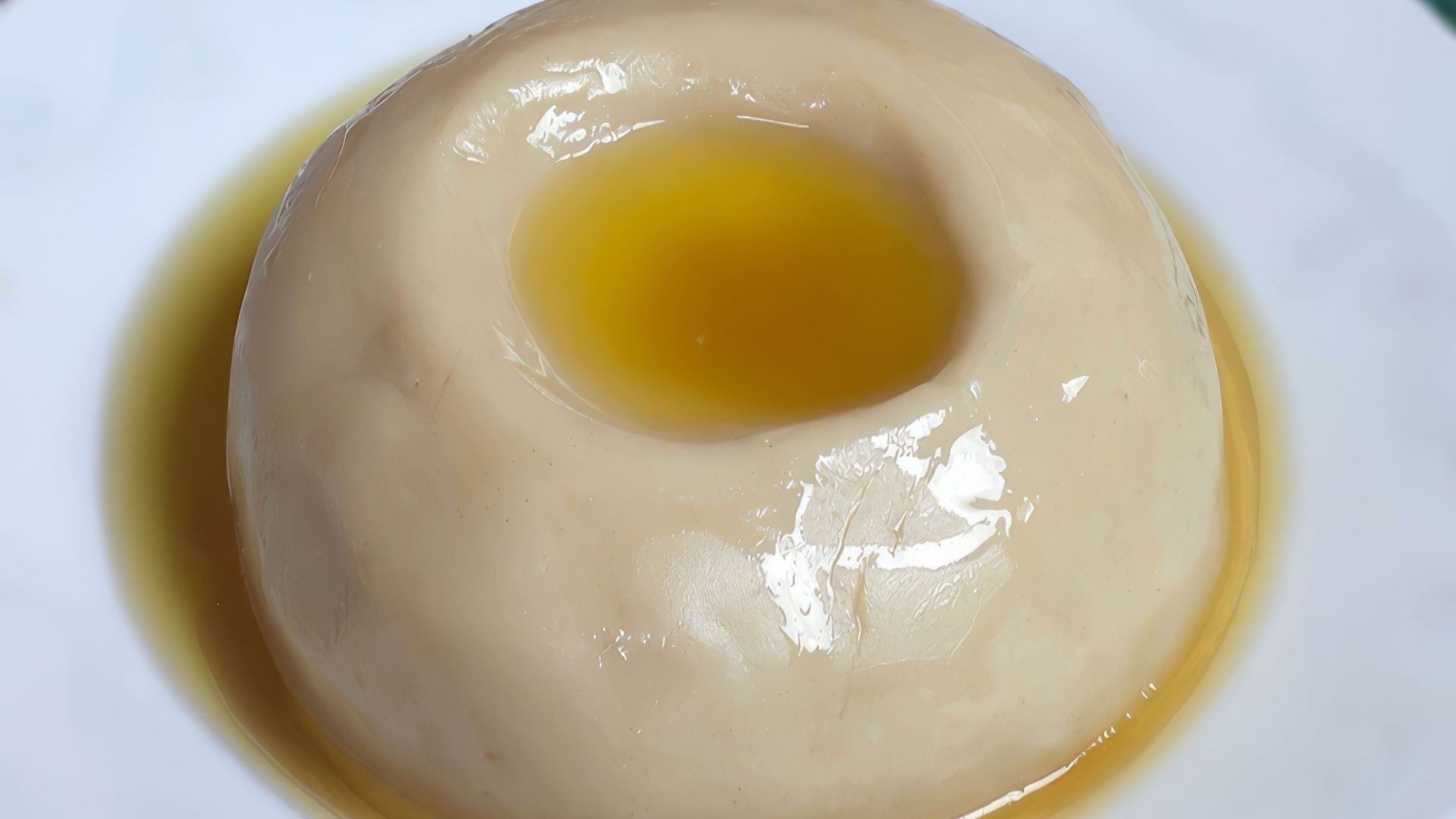
Aseeda is a hearty, comforting dessert made with wheat flour, honey, and sometimes dates or molasses. It has a sticky, pudding-like consistency, and is enjoyed warm, especially during colder months. This dessert is part of traditional Saudi Arabian sweets and is often served with ghee or clarified butter. Those looking for a healthier twist can seek out organic versions that use pure, natural ingredients for a wholesome experience.
8. Halawa

Halawa, also known as Halva, is a dense and sweet dessert made from sesame paste, sugar, and nuts. While it has variations across the Middle East, the Saudi version often includes pistachios or almonds. Halawa is perfect for those who prefer a dessert that is less syrupy but still rich. Organic Halawa made from high-quality sesame and nuts is now widely available, offering a more nutritious way to enjoy this traditional favourite.
9. Dibis wa Tahini
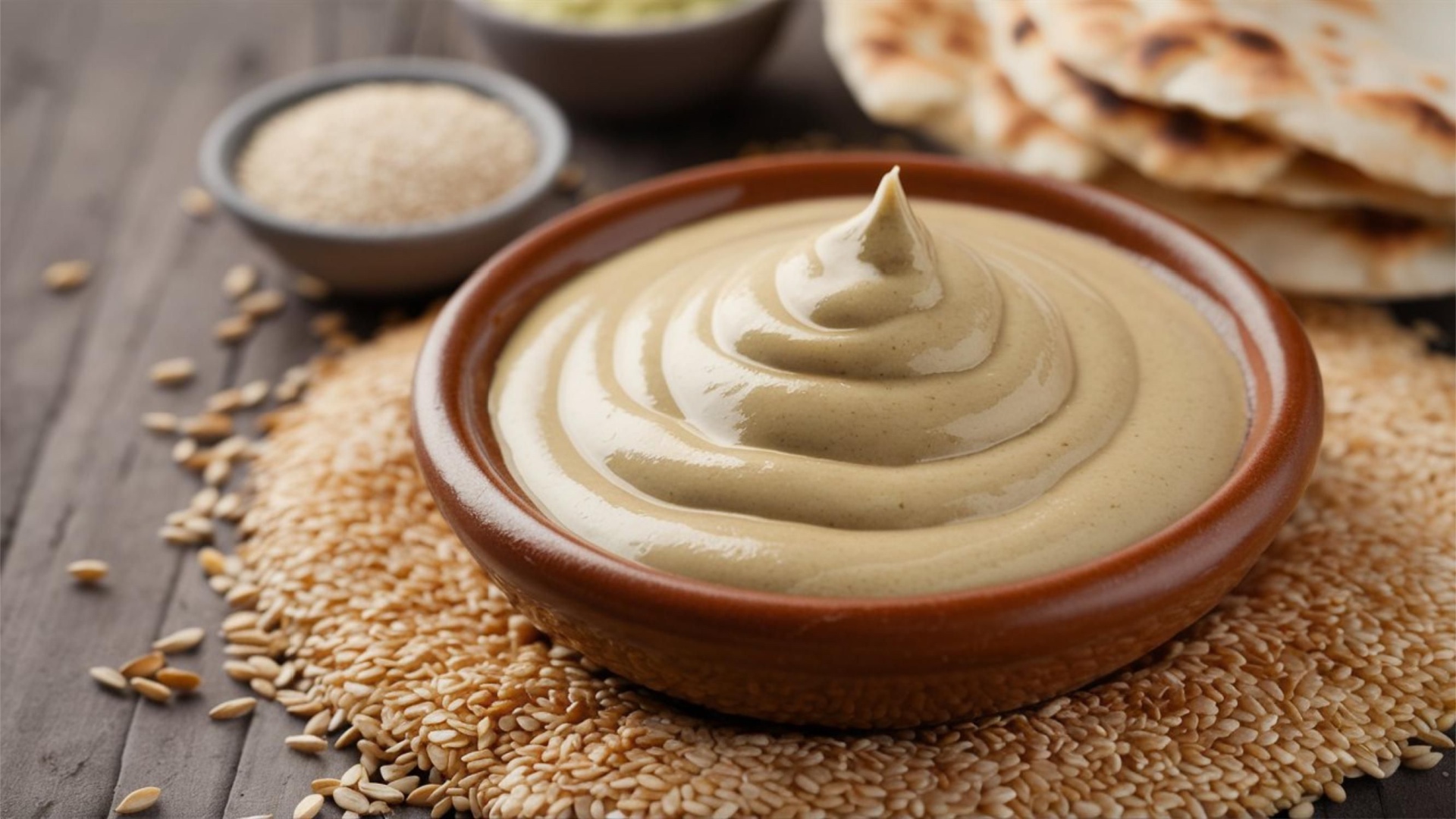
Dibis wa Tahini is a simple yet delightful dessert made by mixing date syrup (dibis) with tahini. This combination is usually served with bread and enjoyed as a light, naturally sweet treat. As an example of popular Arabic sweets in Saudi Arabia, Dibis wa Tahini showcases the richness of local dates and tahini. Using organic tahini and date syrup enhances the dish’s nutritional value and natural sweetness, making it a must-try Arabic sweet for health-conscious eaters.
10. Saffron Rice Pudding (Roz Bel Saffron)

Roz Bel Saffron is a creamy rice pudding flavoured with saffron, cardamom, and sometimes rose water, giving it a distinct aroma. Topped with nuts or raisins, this dessert is comforting and luxurious. While not as common as other desserts, it remains a must-try Arabic sweet for those wanting a taste of authentic Saudi Arabian cuisine. Made with organic rice and milk, this pudding becomes an even more nutritious treat, suitable for all ages.
Incorporating traditional Saudi Arabian sweets into your culinary journey is an opportunity to savour the rich heritage of the kingdom. Each dessert has a story, often passed down through generations, and is made using locally sourced ingredients, which are increasingly organic. For those interested in adding these sweets to their recipe collection, Originz offers delicious recipes for healthier dessert options that retain the authentic taste of the Middle East.
FAQs
What are traditional Saudi Arabian sweets?
Traditional Saudi Arabian sweets include desserts like Luqaimat, Ma'amoul, and Aseeda, which are often made with local ingredients such as dates, honey, and saffron. These desserts reflect the rich cultural heritage of the kingdom and are enjoyed during special occasions and festivals.
Where can I find organic versions of popular Arabic sweets in Saudi Arabia?
Many bakeries and online shops in Saudi Arabia now offer organic versions of popular Arabic sweets, with companies like Originz providing high-quality organic food products. These versions use natural ingredients to create healthier, authentic-tasting sweets.
Are there healthy ways to enjoy must-try Arabic sweets?
Yes! By choosing organic ingredients and recipes that use minimal sugar, you can enjoy healthier versions of must-try Arabic sweets. Websites like Originz provide delicious recipes that incorporate organic ingredients, allowing you to enjoy these treats with a wholesome twist.
Further Read,
•Can You Fry Chicken in Olive Oil?
•Types of Mangoes and Its Benefits
Latest Blogs

Maintaining Healthy Habits After Ramadan
Have Ramadan healthy meals after Ramadan and maintain healthy food habits and implement them in your daily lives. Read more about healthy food habits.

Authentic Middle Eastern Iftar Meals to Prepare This Ramadan
Prepare some authentic middle eastern iftar meals this Ramadan. Look for fresh Ramadan food ideas and make your day memorable with these dishes. Check them out.

Ramadan Dishes to Cure Fasting Fatigue
Don’t worry about fasting fatigue anymore as we have listed some best Ramadan dishes and easy iftar meals to support your fasting journey. Check them out.

Eid-al-Fitr Feast: Delicious Recipes to Celebrate the End of Ramadan
Celebrate the end of Ramadan with delicious recipes on the eve of Eid ul Fitr. Read more about the traditional Ramadan recipes and make them easily.